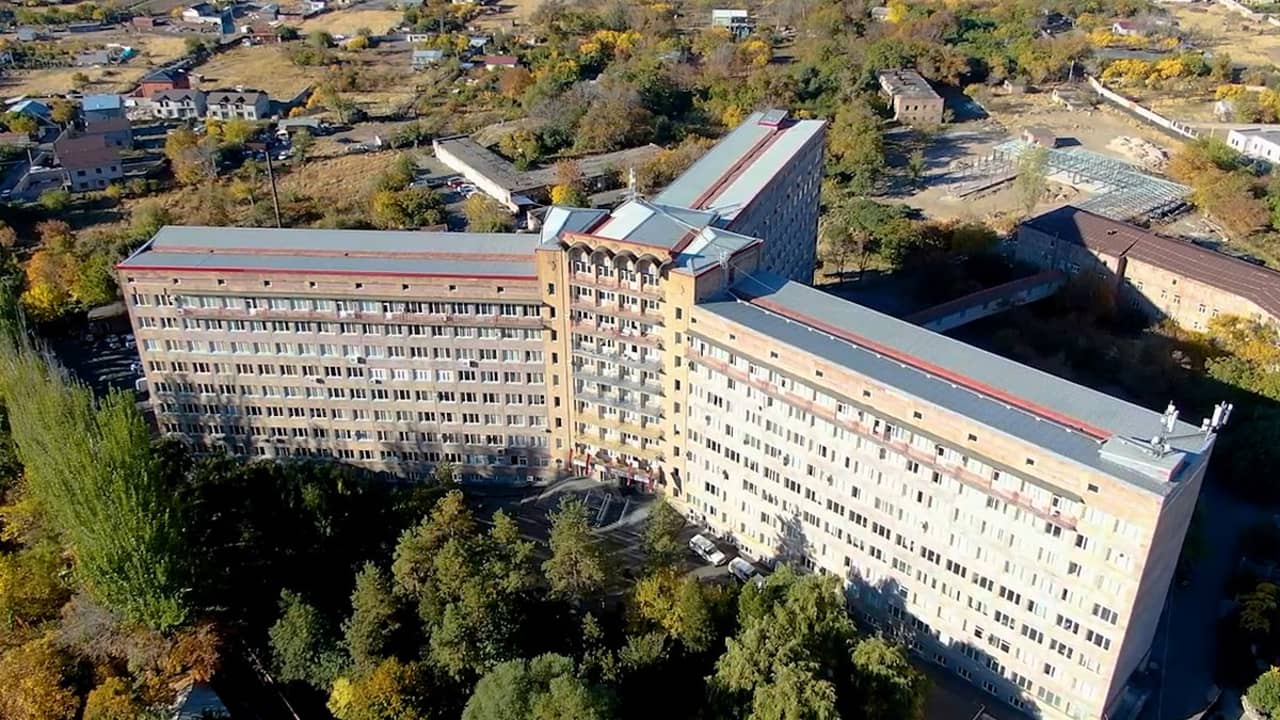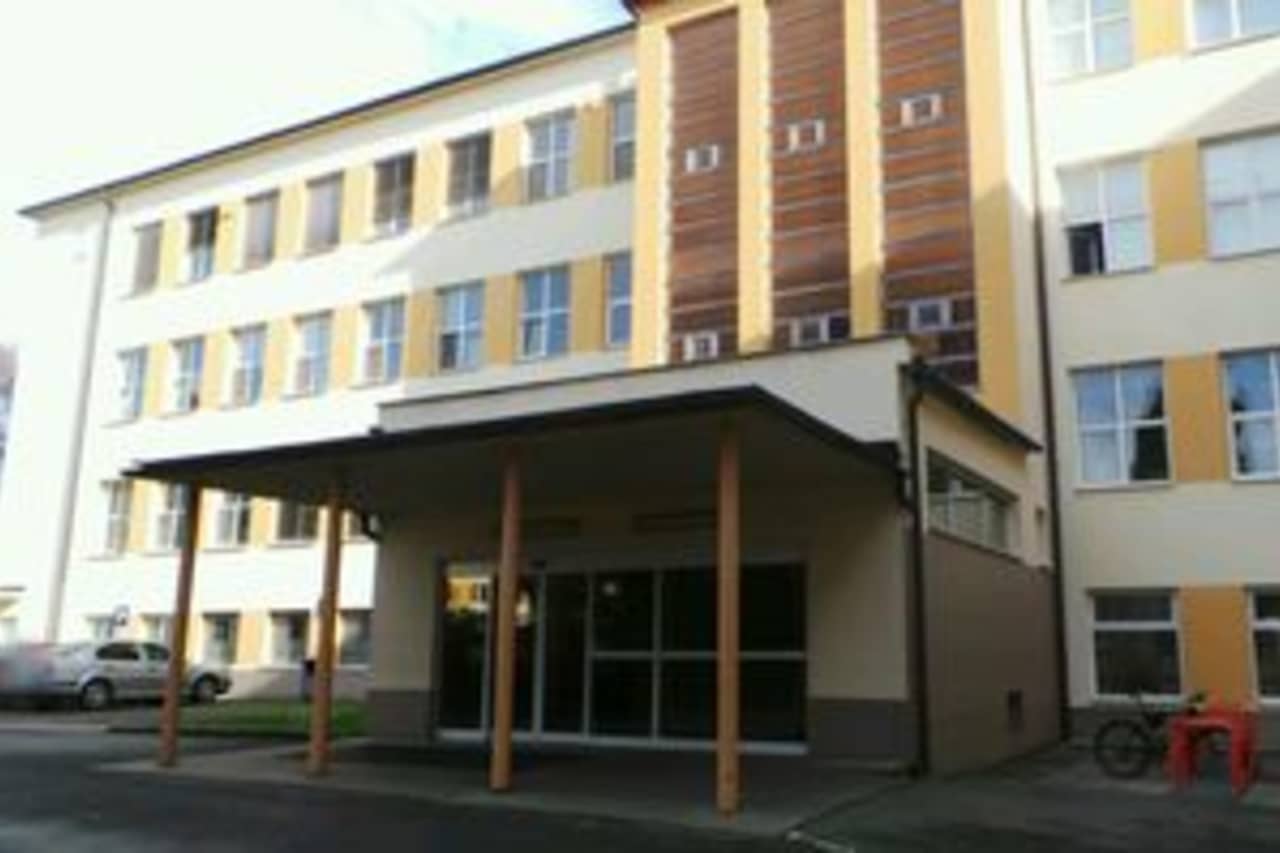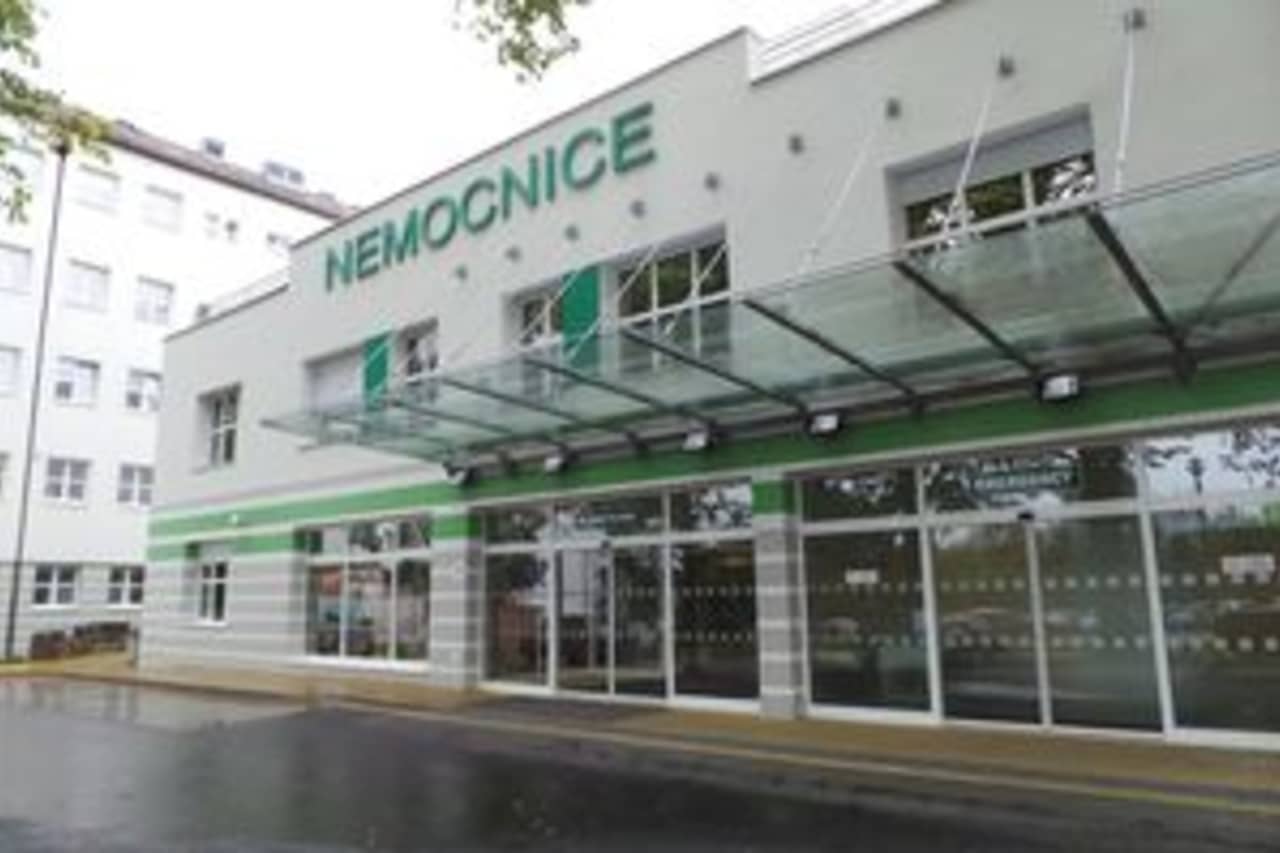Study
Sort by category:
CLINICAL RESARCHES Standard chemotherapy, radiotherapy, chemo-radiation therapy in combination with the preparation of PENOXAL 50 V. A. Fanardzyan’s…
Read the storyPenoxal was administered to 15 patients who were using the product while on chemotherapy/RAT-CHT resp./ for 2-3 months in a…
Read the storyClinical test of effectiveness regarding Penoxal 50 BG Gynaecology and Obstetrics Přerov Středomoravská nemocniční a.s. -o.z. Hospital Přerov Dvořáková 1800/75…
Read the storyClinical test of effectiveness regarding Penoxal 50 Gynecology and Obstetrics Přerov Středomoravská nemocniční a.s. -o.z. Hospital Přerov Dvořáková 1800/75 751 52…
Read the storyExperiences with administration of Penoxal 50 MUDr. Martin Novák MUDr. Martin Novák Gastroenterology Clinic, City Hospital Čáslav Address: 286 01…
Read the storyAlej Svobody 80323 00 Plzeň Head of the clinic: Doc. MUDr. Zdenek Rokyta. CSc. Coordinator of study: MUDr. Vladimir Kokesh …
Read the story




